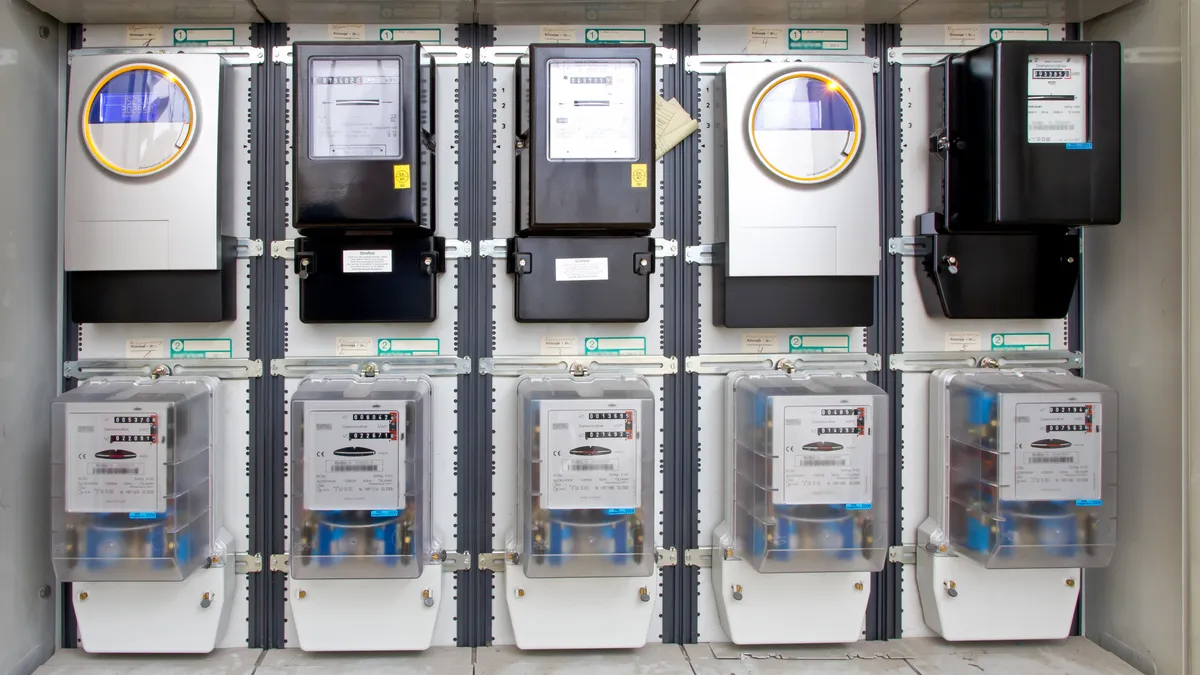Dive Brief:
- A U.S. district judge ruled on Thursday that Connecticut could transfer $145 million in ratepayer funds — initially collected for energy efficiency programs — into the general fund to cover a 2017 budget shortfall.
- Several groups, including the Connecticut Fund for the Environment, sued the state in May, arguing that using ratepayer funding for something other than its intended purpose violated clauses of the U.S. Constitution and amounted to an illegal tax.
- The court concluded that customers were never promised the funds would not be transferred to the general fund; customer advocates say they are considering whether to appeal to the Second Circuit Court of Appeals in New York.
Dive Insight:
The group of 11 plaintiffs is deciding whether to appeal, but say the lesson here is how difficult it can be to fund clean energy programs when earmarked funds can be swept up "on a legislative whim."
The transfers for this year have taken place, and included moving more than $63 million out of the Conservation and Load Management Fund, and $14 million from the Clean Energy Fund. Additional transfers are planned for next year.
"This case shows how incredibly difficult it is to stop the state from converting millions of dollars dedicated for a specific purposes — in this case, energy efficiency, renewables, and investments in clean energy — and converting the money into general fund purposes," Stephen Humes, a partner at Holland & Knight and co-counsel on the case, said in a statement.
The group's lawsuit argued the diversion of funds would violate the Contract Clause and Equal Protection Clause of the Constitution, and "functions as an illegal tax on tax-exempt organizations like churches and nonprofits."
The judge rejected those arguments, concluding "the plaintiffs do not have an implied contractual right over how the money in Energy Funds is spent."
The plaintiffs, which include energy advocacy groups, companies focused on efficiency, and individuals, say one way electric customers can fight back is at the ballot box. But in the near-term, the damage is done. The groups say diversion of energy efficiency funds has cost the state 3,000 jobs.















